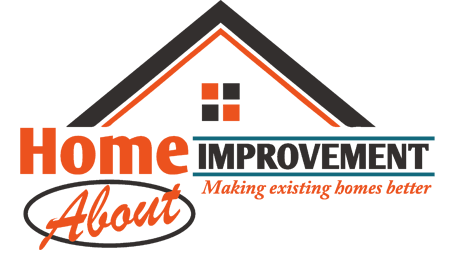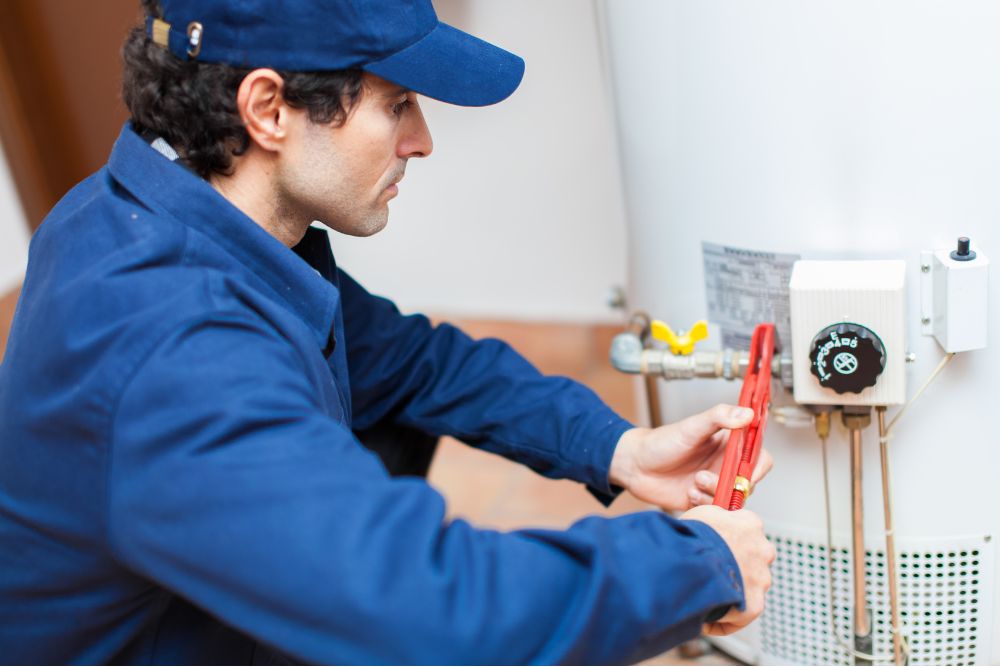Smart home technology has revolutionized the way we interact with our living spaces, offering unparalleled convenience, security, and efficiency. As technology continues to evolve, more homeowners are embracing smart devices to create a connected and automated environment. From voice-activated assistants to intelligent lighting and security systems, smart home technology can significantly enhance your quality of life. In this article, we will explore various smart home technologies that can make your home future-ready.
1. Voice-Activated Assistants
Voice-activated assistants like Amazon Alexa, Google Assistant, and Apple’s Siri have become central to the smart home ecosystem. These devices allow you to control various aspects of your home using simple voice commands.
- Home Automation Control: Voice assistants can control smart lights, thermostats, locks, and other devices. For example, you can say, “Alexa, turn off the living room lights,” or “Hey Google, set the thermostat to 72 degrees.”
- Information and Entertainment: They can also provide weather updates, news briefings, play music, set reminders, and even tell jokes. Integration with streaming services means you can request specific shows or movies hands-free.
- Accessibility: For individuals with mobility challenges, voice assistants offer an easy way to manage their environment without needing to move around physically.
2. Smart Lighting
Smart lighting systems offer more than just remote control of your lights; they allow for customization and automation that can enhance both the ambiance and energy efficiency of your home.
- Customizable Settings: You can adjust brightness and color to match your mood or activities. For instance, dim lights for a cozy evening or bright, cool lights for reading or working.
- Energy Efficiency: Automating your lighting system to turn off lights when a room is unoccupied can significantly reduce energy consumption.
- Integration with Other Devices: Smart lights can be integrated with security systems to simulate occupancy when you’re away, deterring potential intruders.
3. Smart Thermostats
Smart thermostats, like the Nest Thermostat or Ecobee, provide advanced climate control features that can help you save money and energy.
- Learning Capabilities: Many smart thermostats learn your schedule and preferences, automatically adjusting the temperature to optimal levels when you’re home or away.
- Remote Access: You can control the temperature from your smartphone, making it easy to adjust settings while you’re away from home.
- Energy Reports: These devices often provide reports on your energy usage, offering insights and suggestions for further savings.
4. Smart Security Systems
Security is a top priority for homeowners, and smart security systems provide peace of mind through advanced monitoring and control.
- Smart Cameras and Doorbells: These devices offer real-time video feeds and alerts to your smartphone, allowing you to monitor your property from anywhere. Features like facial recognition and motion detection can provide detailed information about visitors.
- Smart Locks: With smart locks, you can lock or unlock your doors remotely, provide temporary access codes for guests or service providers, and receive notifications when someone enters your home.
- Integrated Systems: Comprehensive security solutions can integrate cameras, locks, alarms, and sensors, providing a coordinated response to potential security threats.
5. Smart Appliances
Smart appliances are not just about convenience; they can also lead to better resource management and energy efficiency.
- Smart Refrigerators: These can alert you when food is running low, suggest recipes based on available ingredients, and even let you peek inside via your smartphone.
- Smart Washers and Dryers: These appliances can be started remotely, provide maintenance alerts, and optimize cycles based on the load.
- Smart Ovens and Cooktops: These can be controlled remotely and come with features like voice activation and recipe guidance, making cooking more convenient.
6. Home Automation Systems
Home automation systems, or hubs, integrate various smart devices into a cohesive ecosystem, enabling centralized control.
- Automation and Scheduling: Set routines and schedules for different devices, such as turning off lights and lowering the thermostat when you go to bed or automating your morning routine.
- Compatibility and Integration: Hubs like Samsung SmartThings, Wink, or Apple’s HomeKit support a wide range of devices, ensuring they work seamlessly together.
- Voice Control and App Management: Many hubs are compatible with voice assistants and offer mobile apps for easy control.
7. Smart Entertainment Systems
Transforming your home into an entertainment hub is easy with smart technology.
- Smart TVs and Streaming Devices: Control your TV with your voice, stream content from multiple services, and access apps directly from your television.
- Multi-Room Audio Systems: Enjoy synchronized music throughout your home or different audio in each room. Systems like Sonos integrate with voice assistants for hands-free control.
- Gaming and VR Integration: Advanced gaming systems and VR setups can be integrated into your smart home, providing immersive entertainment experiences.
8. Smart Health and Wellness Devices
Smart technology also extends to health and wellness, helping you maintain a healthy lifestyle.
- Air Quality Monitors: These devices track indoor air quality, providing alerts for pollutants and suggesting actions to improve air quality. For example, integrating an air purifier like the Okaysou Air Purifier can enhance your home’s air quality significantly.
- Smart Scales and Fitness Trackers: These devices sync with your smartphone to monitor weight, BMI, activity levels, and other health metrics.
- Smart Sleep Aids: Smart mattresses and sleep trackers monitor sleep patterns and suggest ways to improve sleep quality.
9. Smart Irrigation Systems
For homeowners with gardens, smart irrigation systems offer efficient water management.
- Weather-Based Adjustments: These systems adjust watering schedules based on real-time weather data, ensuring that plants get the right amount of water without waste.
- Remote Control: Control your irrigation system from anywhere, making it easy to manage even when you’re away.
- Water Usage Reports: Track water usage to help manage costs and conserve resources.
10. The Future of Smart Homes
As technology advances, smart homes are becoming increasingly intelligent and integrated. Future developments may include more sophisticated AI, better interoperability between devices, and enhanced privacy and security measures. Additionally, the growing trend towards sustainable living will likely see more smart devices designed to reduce energy consumption and promote eco-friendly practices.
By embracing smart home technology, you can create a living environment that is not only more convenient and efficient but also safer and more enjoyable. The key is to start with a few essential devices and gradually expand your system as you become more comfortable with the technology.











